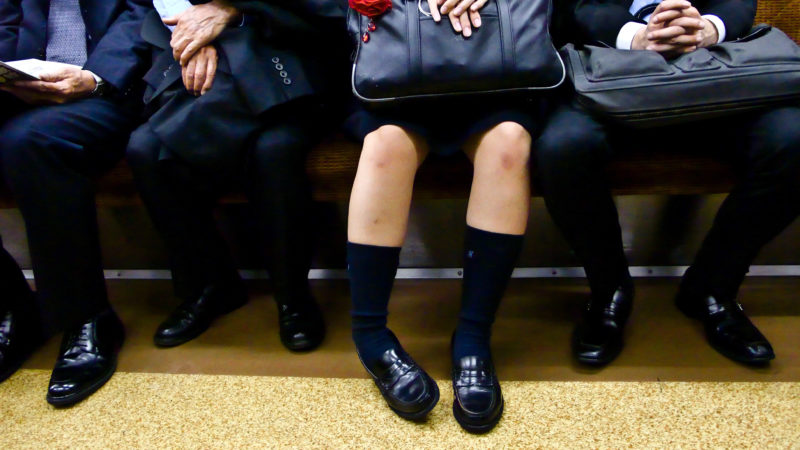
Since my girlfriend of 4 years broke up with me over a year ago, people keep asking me if I am lonely. Blunt question! Lately, there seems to be an obsession with loneliness. News reports it as an epidemic. Since the pandemic started, doctors and other officials have fretted over loneliness as a mental health problem. It drives hookups and makes people do foolish things that spread COVID.
Whenever people ask me “Aren’t you lonely?” I must get a strange look on my face. They blink and looked confused when I honestly answer “No, why would I be?” I miss my ex of course, but it has also been well over a year, closer to two years. “But you live alone (I live in a small town), and we can’t do anything because of this virus.” This is where I tell them, and it is almost a liturgy with how often I have to say it: “Being alone doesn’t mean you are lonely. I feel more lonely in a crowd than I do at home writing and working on projects.”
There seems to be two types of people: people people and project people. Of course, some blend between these two extremes. I sit firmly on the far end of the “project” side. People don’t interest me, at least not directly. Projects aimed at helping or teaching people, however, motivate me. Because of this, I don’t feel lonely when I am alone. It helps that I I’ve learned to like myself as I am. My thoughts no longer make me uncomfortable, as ugly as they can be sometimes. Likewise, I used to hate the fact I am a project person. As a Christian, I mistakenly believed I had to be a people person. I had to teach and minister. However, I’ve come to realize the best way I can do this is to accept the fact I am a project person and use those projects to teach.
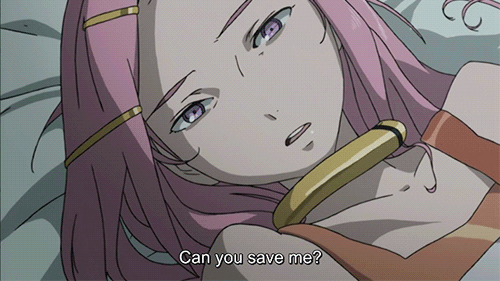
I don’t often write about my faith here. After all, JP is a Japanese media culture blog. But I am a bit underhanded in not writing directly about my Zen and Christian practice. Both of these practices tint what I write. Both practices also insulate me from the so-called epidemic of loneliness. After all, when I am alone, the connections I have with God and Creation become more apparent. They become more visceral when I am not distracted by people and entertainment. The only time I feel lonely is when I am with other people. I feel lonely when I realize how I am disconnected from whichever group I am with. In my area, I am known as an eccentric (in a fond way). An academic interest in Japanese media culture and history rolled into all my other interests, such as animation and early Christianity, none of which align with what people in my town find interesting, leaves me feeling isolated sometimes. I don’t have anyone nearby I can discuss the impact of Felice Beato’s photographs on Western perception of Japan, for example. I’m sure you too experience this.
Okay, all of that rambling was just a preamble to outline the bias in my thinking about loneliness. American news media is overplaying loneliness as a mental health epidemic, but I acknowledge for people people loneliness is a true problem. However, I firmly believe based on my practice of Zen and Christianity that everyone must learn to be alone with their thoughts and accept themselves as they are (which allows you to begin changing to be the person you want to be). You cannot love others or love God if you don’t love yourself. Another word for love is understanding. If you don’t understand yourself, you cannot love. To understand yourself, you have to spend time with yourself. Alone. You have to take yourself out on dates and talk.
Much of what I’ve studied in otaku culture, the awkward social behaviors, waifuism, and even the blurred line between weeaboo and incels, points toward loneliness as a motivation. Waifuism, in particular, appears driven by a feeling of disconnect with others. Loneliness is the illusion of disconnect. It is an illusion because we are always connected with God (if you are a believer) and the universe. No one is ever truly alone, but we think we are because our ability to see reality is distorted. This illusion is uncomfortable, so people seek relief in anime, sports, alcohol, hookups, and other dysfunctional behaviors. Even taking a side on the sub vs dub debate in anime acts against feelings of loneliness. By declaring you are for one or the other, you join a group. Group dynamics often involve declaring your membership through the use of language, costumes, and enemies. This all links back to a desire to avoid being alone.
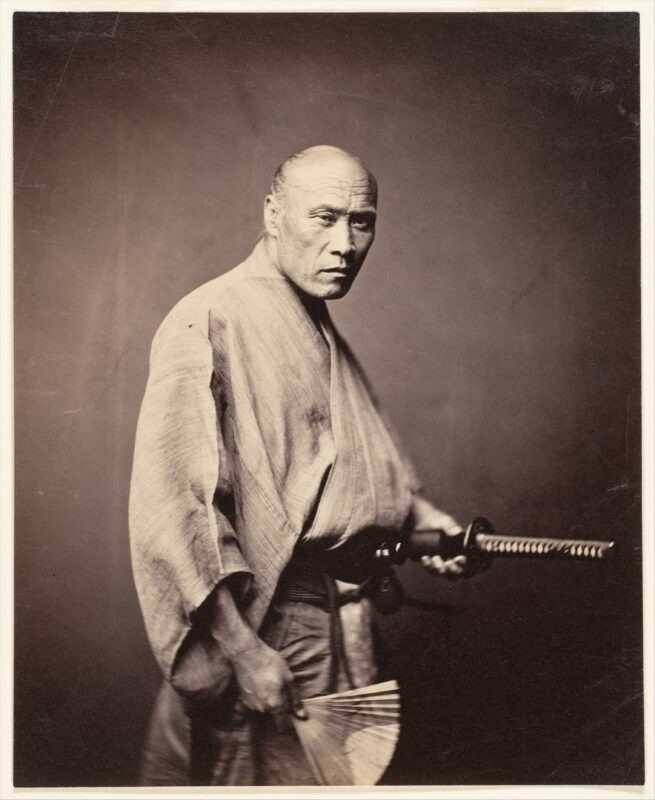
The desire to belong is natural to humans. Even hermits like me need some social interaction. However, social interaction with the express desire to avoid the discomfort of being alone isn’t healthy. It prevents you from understanding yourself. Social interaction should come from a desire to enrich yourself by sharing the company of others who uplift and educate you, and a desire to uplift and educate them.
Loneliness is a mindset, not a reality. Interbeing, to borrow a word from Zen monk Thich Nhat Hanh, is reality. Solitude is a necessity for understanding yourself and the nature of interbeing, the fact each of us exist in an infinitely complex interconnection. Enjoying anime, cosplay, and the otaku community is fine as long as it isn’t done to avoid you facing yourself. And you will eventually face yourself. When death comes, you will face the reality of inter-being and the reality that was you. You will face yourself before you cross over, and you will be alone. God will be there too, of course. I don’t know about you, but I want to understand myself and be at peace with myself before that final moment. I want to face that moment with love and an understanding of God and interbeing. And that means I must learn to be alone while I still can. That means no avoiding the ugliness of my thoughts. That means accepting them and working toward becoming a better self.
Whenever I consider solitude and loneliness, I think of Elijah. Elijah learned how God speaks when we are alone and all is quiet (1 Kings 19:11-13):
A very strong wind tore through the mountains and broke apart the stones before the Lord. But the Lord wasn’t in the wind. After the wind, there was an earthquake. But the Lord wasn’t in the earthquake. After the earthquake, there was a fire. But the Lord wasn’t in the fire. After the fire, there was a sound. Thin. Quiet. When Elijah heard it, he wrapped his face in his coat. He went out and stood at the cave’s entrance. A voice came to him and said, “Why are you here, Elijah?”
Do you understand yourself? Can you be alone and not be lonely? The only way to overcome loneliness is to sit with it, to be friends with the feeling, knowing that it is just a feeling and an illusion. Loneliness isn’t reality. We are each interconnected with each other. We are made of the stuff of stars and forever entangled with the universe.
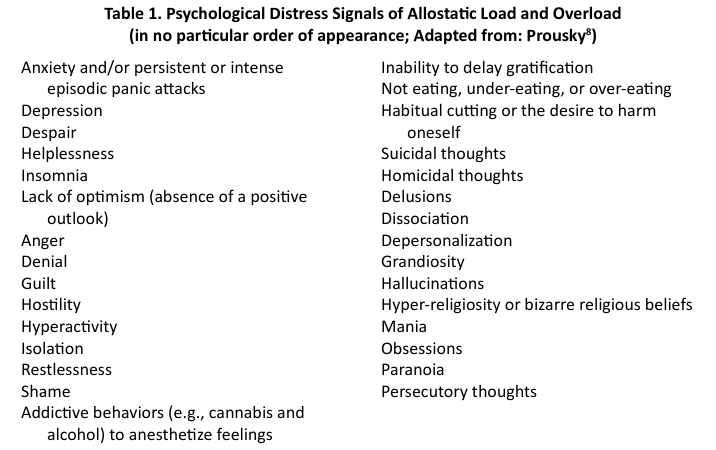

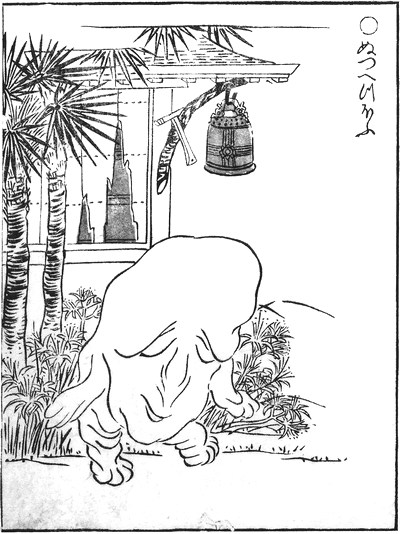

When I was younger, I did experience loneliness. Looking back now though, I realize that it was more a case of boredom than it was a desire to interact with people. Bear in mind that it was the 80s and 90s, when entertainment was a little more difficult to find than it is nowadays.
Nowadays, I find I’m happiest when alone. I enjoy interactions with people, but I find them draining. Maintaining relationships is a lot of work. Too much work, actually.
I have hobbies (brewing beer, drumming, playing video games, listening to music) and a wife that keep me busy when I’m not working my regular day job. I enjoy sharing my hobbies to a certain degree, but I don’t use social media, so the closest I get to talking to people online is playing multiplayer games like Overwatch. Although I don’t sign into team chat because people are the worst.
I’m also an atheist, so there are no gods or spirit beings for me to interact with. When I’m alone, I am gloriously alone. I don’t feel or desire to experience any kind of interconnectedness with the universe or humanity or gods. I have no need for prayer or meditation. I just am.
That said, I understand I’m probably in the minority. The pandemic has been very hard on my wife, because she enjoys the company of others. But I can’t help that it’s only made worse by media talking about the “epidemic of lonelinness”. As you mentioned, there seems to be an expectation in society that you should NEED to be around other people, almost that there’s something wrong with a person who enjoys being alone. It took me a lot of years to realize I’m not broken because I’d rather be by myself most of the time.
The pressure and bias in extroverted society is good at making people like us feel broken. People like your wife truly do struggle when disconnected from people; however, many fail to understand that struggle is the same for us, only we never get a reprieve. Eventually, the social will be able to socialize, but the loners rarely get a chance to be alone because of the way society is structured. I had to admit that I felt schadenfreude when I saw extroverted people struggling during 2020’s lockdown. “Now you know how I feel every single day. Stop whining. At least you know it is temporary. I have to deal with that for my entire life.” was my thinking. Unhelpful and uncharitable, I know. I hope the experience will make the extroverted more understanding toward those who require solitude for health.
I used to think there was a loneliness epidemic until I started to get a better grasp of the picture. Plus, there’s something I recently heard on one of my favorite podcasts that discussed divorce. The saying goes, “You know what’s worse than being alone? Being around someone who doesn’t want the best for you.” Unfortunately, when I see groupthink, I feel some sympathy towards those desperate from external validation from those that don’t necessarily think well about them.
I went through a bad phase and I actually took some time to look over myself in a big way. I had to. I don’t think many people can do what I did. I’m not sure not many want to. All because it makes you start to second-guess yourself (i.e. “I’m a good person” defense).
While it’s fine to like yourself, I do feel it takes other people to teach you how to do so. It’s hard to learn how to be alone when the culture dictates otherwise.
Marcus Aurelius came to mind while I read your comment: “It never ceases to amaze me: we all love ourselves more than other people, but care more about their opinions than our own.”
It is hard to be alone with cultures that state being quiet and thoughtful and loving solitude is a detriment. Coming to understand yourself, to see yourself as you truly are, is a difficult path. Other people can help you get started and help you when you stumble, but understanding is still a task each of us has to choose to do.
Interesting. I’ve long felt that human behavior is fundamentally driven by the avoidance of *fear*, *loneliness*, and *boredom*. It just seems to make sense from an evolutionary (natural selection) perspective as a means to immediate survival, pack-behavior and reproduction, and for fully utilizing a large energy investment. Of course, that’s a pretty broad statement, and individual personalities vary. And how we learn to placate ourselves is largely a product of life experience.
On a Meyers-Briggs, I’ll come out fairly “extraverted”. But I’m also a “project” type, assessing, planning, doing. The former makes it easy to enjoy myself when people are around. The latter keeps it from being a crutch. Of course, we give rise to a personal universe in the space between our ears. Imagined “tigers” can be as fearful as the real thing. And much of how we humans assuage our boredom is by convincing ourselves that we are not so utterly alone in our experience.
“A cicada shell
it sang itself
utterly away.”
― Matsuo Basho
Perspective plays the largest role in mental health. We really do think ourselves sick or well. Of course, biology factors in to the equation as well.